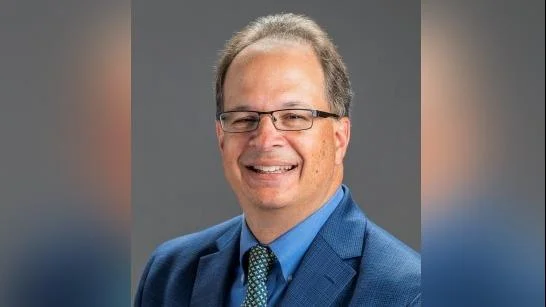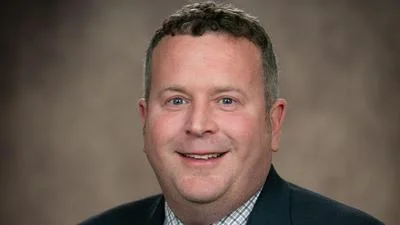Paul Arco Media Relations Coordinato | OSF HealthCare, Featured Stories, IL
Paul Arco Media Relations Coordinato | OSF HealthCare, Featured Stories, IL
When it comes to providing quality care, health care professionals are seeking ways to improve their connection with patients. Amanda Bruemmer, MD, an OSF HealthCare physician dual certified in internal medicine and pediatrics, has found that narrative medicine is a key approach.
Dr. Bruemmer’s academic background includes a Bachelor of Science in Microbiology and English from the University of Michigan. Her interest in stories led her to a master’s program in narrative medicine at Columbia University. She explains, “Narrative medicine is learning about stories, how we tell stories, why we tell stories, how we listen to stories, and then using that information in a clinical setting when you're taking care of patients to provide more personalized and more comprehensive care.”
The term “narrative medicine” was introduced by Rita Charon, MD, PhD, who directs Columbia’s program. Dr. Charon has said the idea for the program came from “a need for providers to look at their processes to see and appreciate what patients are telling us. For me, it became a way for patients to feel heard and noticed.”
Dr. Bruemmer earned her master’s degree in narrative medicine in 2012. The program includes topics such as memoir writing and visual arts. She notes that this training has made her a more empathetic physician. “A lot of my job in narrative medicine is just not to talk,” Dr. Bruemmer says. “It's just to listen, listen to how they're talking about how they're feeling, how they're talking about their illness, how they're talking about their experiences. And once I've heard that, I can help them figure out where they want to go next.”
She believes that narrative medicine benefits patients most, even if they are not aware of the concept. For example, she points out that patients with the same diagnosis may react differently to their situation. Narrative medicine allows her to recognize those differences and respond accordingly.
“I think that even after our first meeting, they get the sense that something is different about the way that I talk to my patients, the way that I explain things and the way that I present treatment options,” Dr. Bruemmer says. “I think it gives them that space to feel like I understand who they are, what they want and where they're going. That’s all the components of narrative medicine.”
Dr. Bruemmer emphasizes understanding each patient’s expectations for care as a top priority. While she can discuss scientific data and medical tests, she finds it crucial to know how patients see themselves and their health. “I think there’s a lot of disconnect,” she says. “Sometimes patients feel like they're getting a one size fits all treatment. And I never want anybody to feel that way, because it's really hard to engage in any kind of a treatment plan, if you don't really understand why we're doing what we're doing.”
Columbia University’s program has influenced other medical schools, which now offer courses and seminars on narrative medicine. Dr. Bruemmer notes growing interest among physicians in learning more about this approach.
Looking ahead, Dr. Bruemmer expects narrative medicine will continue shaping provider-patient interactions alongside advances in technology. She states, “When we really think about sitting down the patient and the doctor and that relationship, something like narrative medicine is just not replaceable. It's something that I think a lot of people feel have been missing for a long time. So, it's nice to kind of welcome that back into the practice of medicine.”




 Alerts Sign-up
Alerts Sign-up